Executive Board
The Executive Board has been established to assist the Chief Executive in leading The Institute of Cancer Research to achieve its strategic aims and objectives within the approved strategies and budgets and is responsible for formulating strategies, plans and budgets for approval by the Board of Trustees.
Professor Kristian Helin
Chief Executive and President
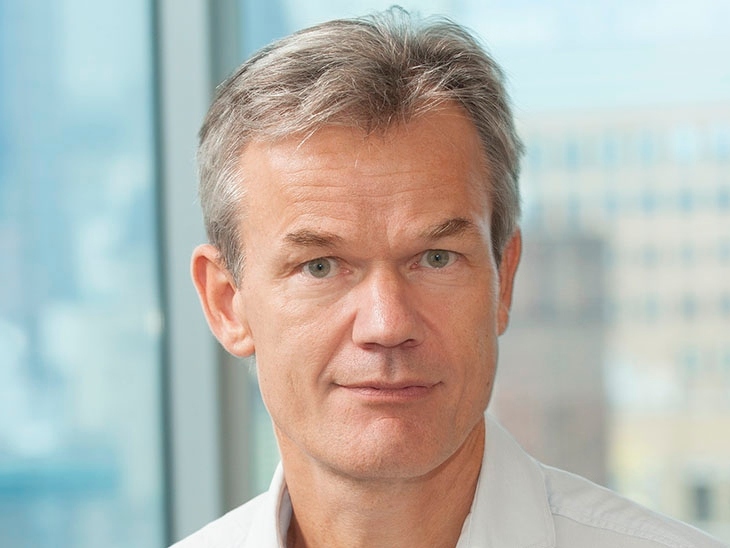
Carol Ford
Chief People Officer

Professor Kevin Harrington
Head of Division – Radiotherapy and Imaging
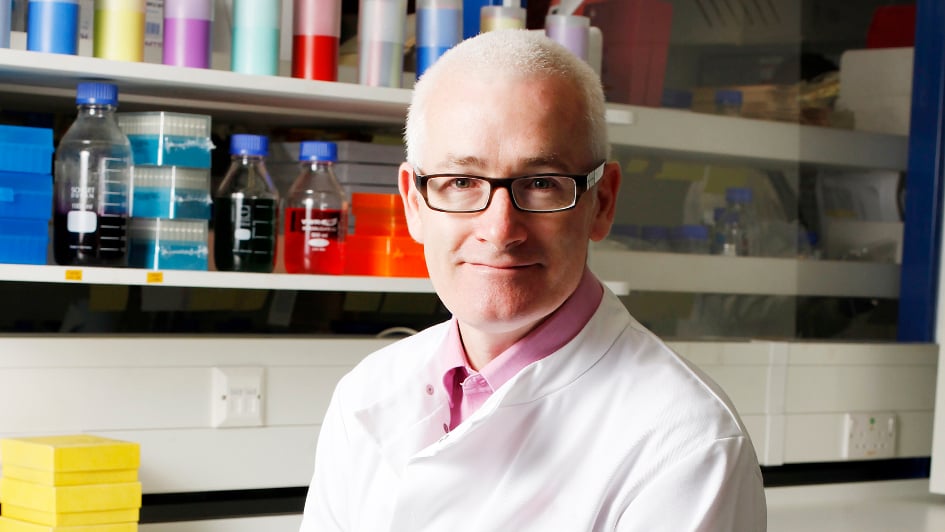
Professor Clare Isacke
Dean of Academic & Research Affairs

Paul Norris
Chief Financial Officer
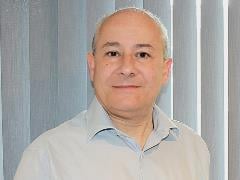
Professor Jonathon Pines
Head of Division – Cancer Biology
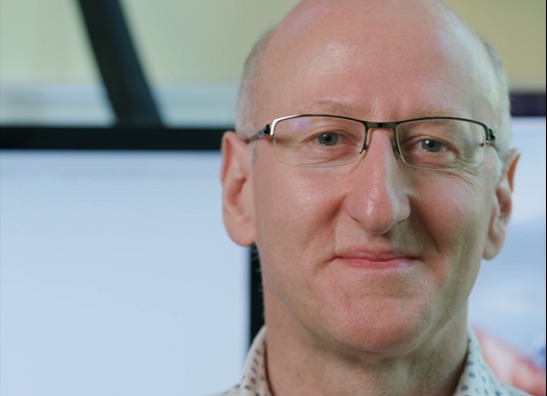
Dr Barbara Pittam
Chief Research and Academic Officer
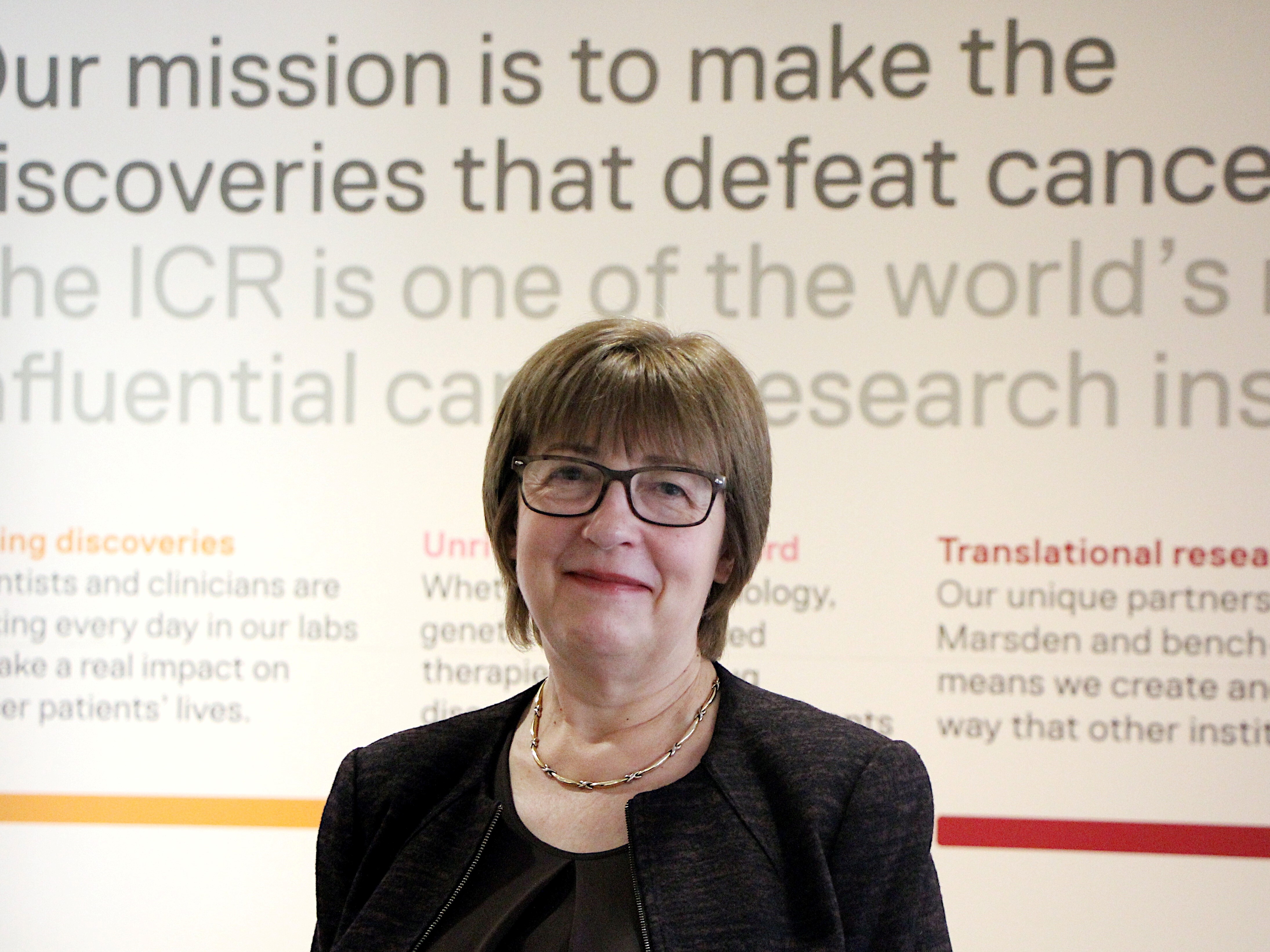
Dr Olivia Rossanese
Head of Division and Director – Cancer Therapeutics
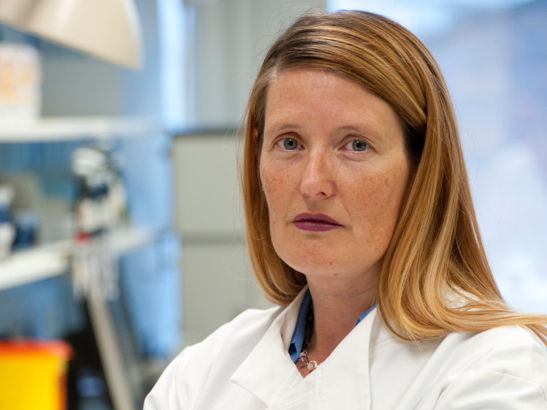
Latest ICR News
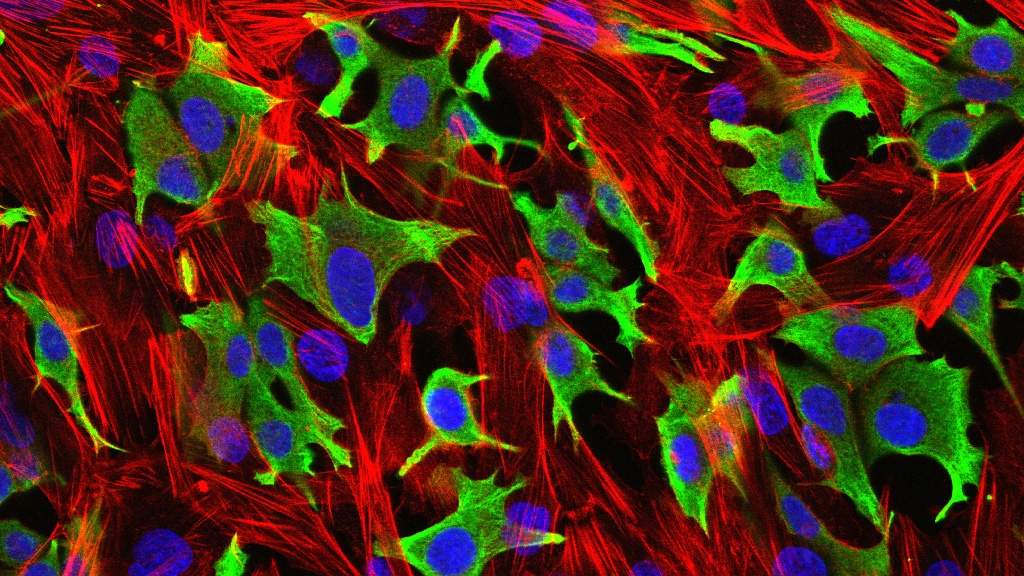
Breast cancer test predicts relapse risk in just two weeks – and could spare thousands of patients from unnecessary treatment
Thousands of women with breast cancer could be spared unnecessary treatment, thanks to a simple test which can identify whether or not their cancer is likely to return – just two weeks after starting treatment.
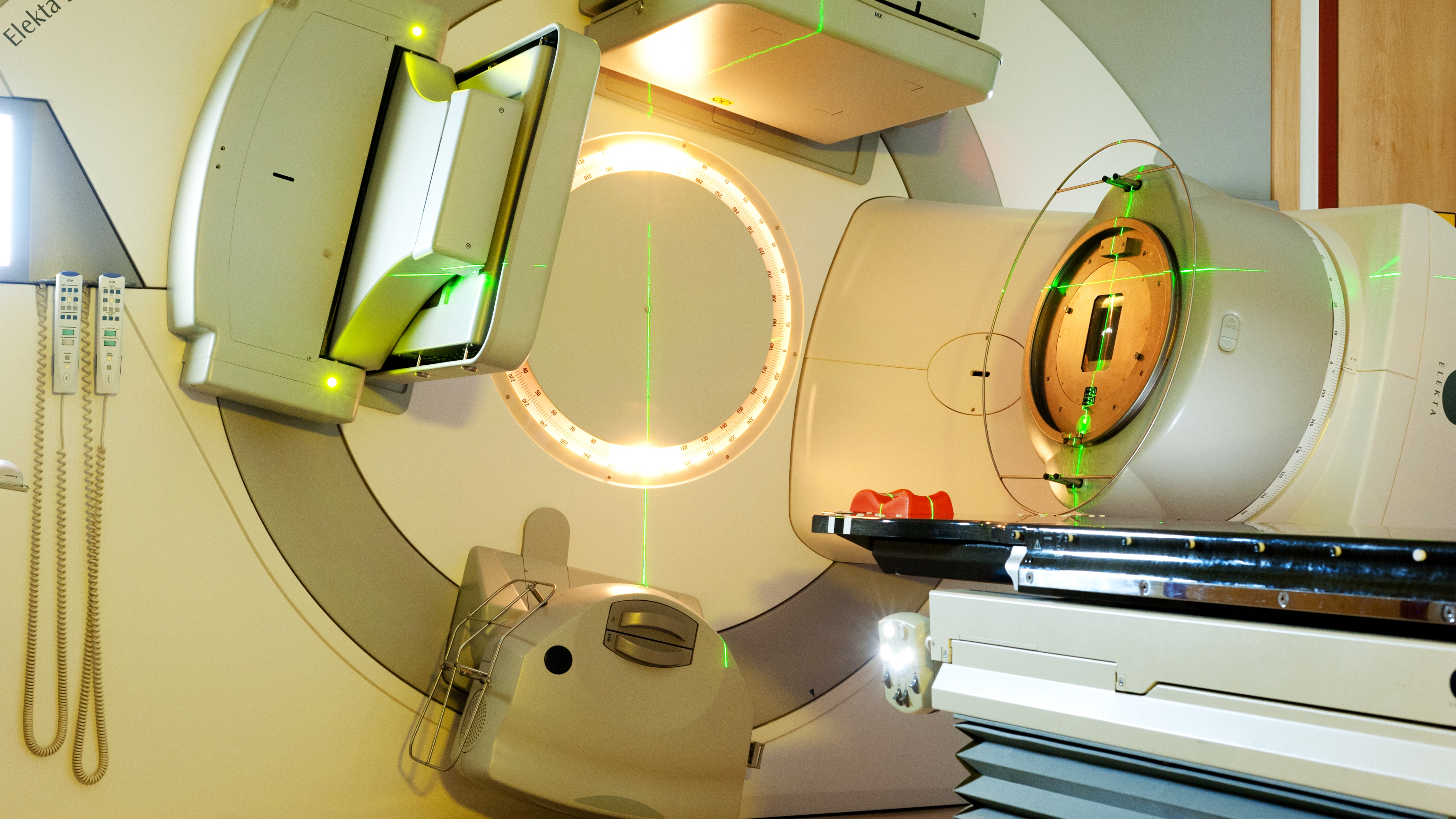
Targeted radiotherapy just as effective for low-risk breast cancer and reduces risk of side effects
Thousands of women who undergo radiotherapy for low-risk breast cancer could be spared some of the side effects of treatment after a study confirmed that more targeted treatments are just as effective at controlling the disease in the long term.
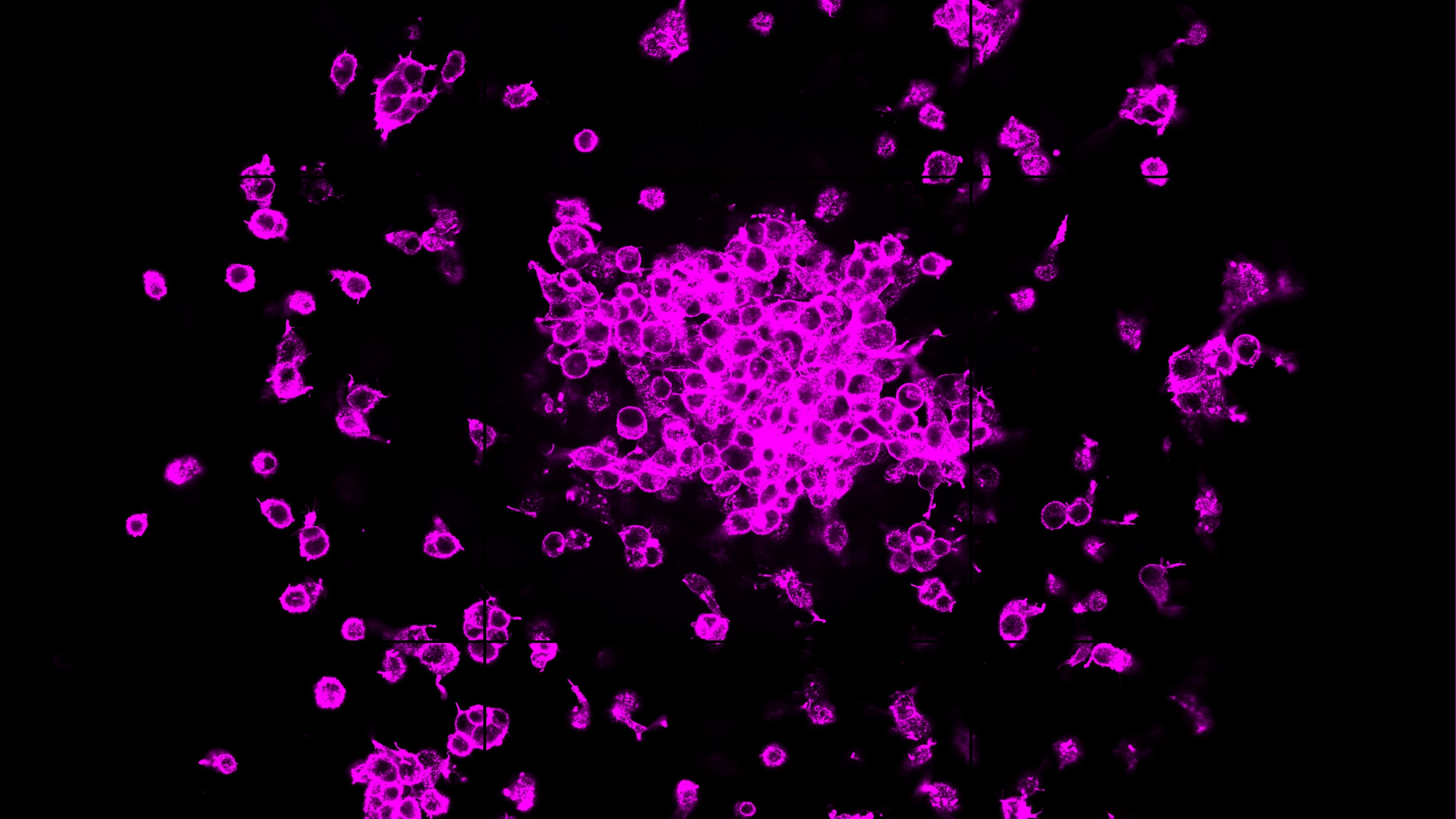
Scientists discover how to remove skin cancer’s protective armour and stop it spreading
Scientists have uncovered a protein that acts like a ‘suit of armour’ for cancer cells, shielding them from hostile environments and allowing one of the deadliest forms of skin cancer to spread through the body.
-is-malignancy-of-the-esophagus-cancer-of-the-esophagus-ct-with-contrast.jpg?sfvrsn=70ef5f67_1)
New study reveals how oesophageal cancer adapts to treatment
Researchers have tracked how the most common form of oesophageal cancer and its immune environment change during a standard form of treatment – offering vital clues that could shape future therapies, so they work for longer.